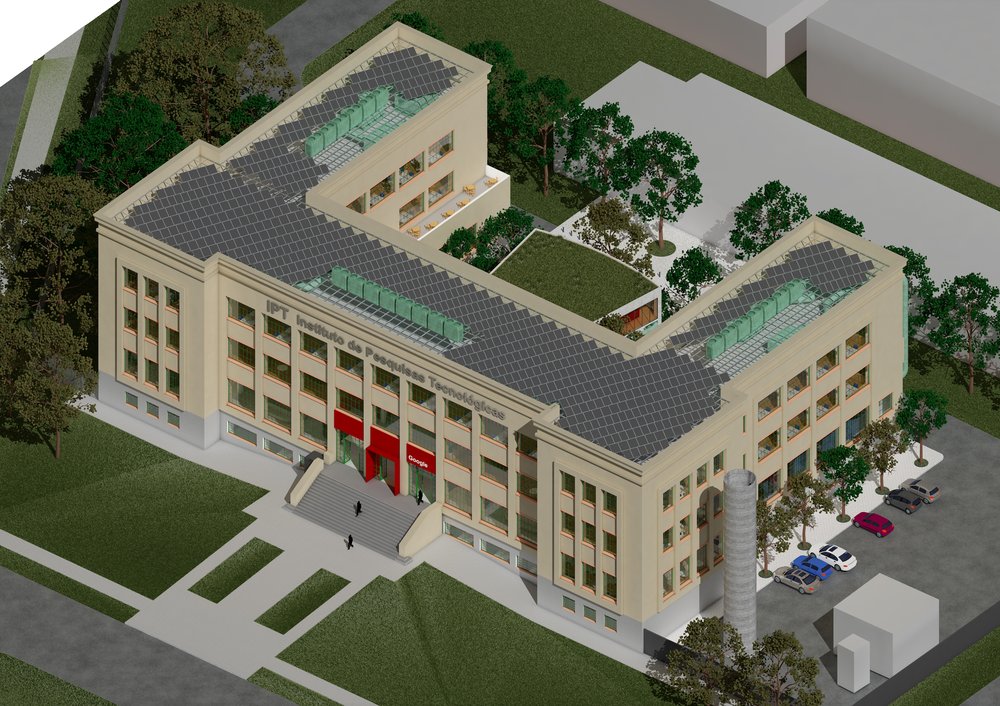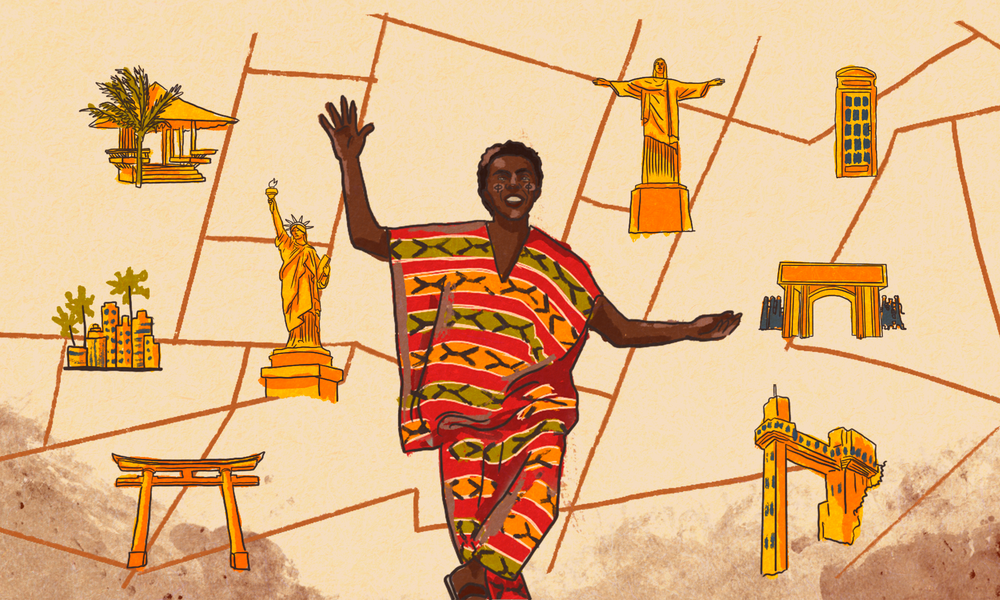During the pandemic, different technological tools allowed us to stay connected, collaborate and find the best responses to overcome the challenges in front of us.
As we move forward, we want to become Mexico's trusted technology ally and contribute to the country with programs, products and initiatives that promote economic, social and cultural development. Today, at our second Google for Mexico event, we aim to accelerate the country's economic recovery, helping people find more and better jobs, making it easier for businesses to grow, reduce the gender gap and promote financial inclusion.
Improving Mexicans’ lives through technology
In collaboration with the Ministry of Public Education, we helped students across the country to continue their school year by providing more than 20 million free Google for Education accounts. We have trained more than 1.9 million people in Mexico through Grow with Google and Google.org grants. And we have worked together with the Ministry of Tourism to create a joint strategy to digitize the travel sector, and partnered with the Ministry of Economy on gender gap reduction projects and a technological innovation program for manufacturing companies in the southeast region of the country.
According to a study we conducted with AlphaBeta, in 2021 we estimated that companies in the country obtained annual economic benefits worth more than $7.7 billion dollars from Google products (Google Search & Ads, AdSense, Google Play and YouTube), approximately three times the impact in 2018 ($2.3 billion dollars).
Today, more people in the world are using their smartphones to save credit and debit cards and to buy new things. Over the last few years, we have seen rapid digitization of essentials that we carry with us every day, such as car keys, digital IDs and vaccine records.
That’s why we are announcing that Mexico is part of the global launch of Google Wallet on Android and Wear OS. Google Wallet will initially launch with support for payment cards and loyalty passes and eventually expand to new experiences like transit and event tickets, boarding passes, car keys and digital IDs.
$10 million from Google.org
Mexico's Southeast region is home to more than 50% of the country's indigenous population; it is also a place affected by poverty and with big social vulnerability. Google.org, the philanthropic arm of Google, is allocating $10 million — the largest amount of funding provided by the organization in the country — to this region’s transformation. This initiative will mostly benefit women during the upcoming three years, supporting programs focused on promoting economic opportunities that accelerate financial inclusion, reducing the gender gap.

Women from Mexico's Southeast region will benefit from Google.org 10 million dollars fund through local and regional NGOs.
Technology as a booster for jobs
In 2019, during the first edition of Google for Mexico, we announced the launch of Google Career Certificates alongside a grant of $1.1 million for International Youth Foundation Mexico (IYF). Through this grant, IYF has trained 1,200 young people. Seventy percent of the graduates managed to get a new job, while the participants who were already employed raised their income by more than 30%. To expand this initiative, and as part of the $10M fund to support Mexico’s Southeast region, we are announcing a $2 million grant to support IYF to take their project into the region and train 2300 women from the community.
Supporting the news industry
In late 2020, we launched Google News Showcase, an initiative that offers a better experience for readers and news editors. Google News Showcase is a licensing program to pay publishers for high-quality content. This program will help participating publishers monetize their content through an enhanced storytelling experience that lets people go deeper into more complex stories and stay informed about different issues and interests.
Today we are announcing the beginning of negotiations with local media to soon launch a News Showcase in México. We are excited to continue contributing to the country’s media ecosystem, and offer our users relevant, truthful and quality information on local, national and international news.

Google News Showcase will bring a better experience for readers and news publishers in Mexico.
Preserving and promoting native languages
Every 14 days, a language becomes extinct. This means that out of the 7,000 existing tongues in the world, more than 3,000 are in danger of vanishing. To support the efforts of groups dedicated to language preservation, Google Arts & Culture is collaborating with partners around the world to launch Woolaroo, an experiment that uses machine learning to identify objects and show them in native languages.
Through their mobile cameras, users can take a photo or check their surroundings to receive a translation, and its correct pronunciation. In the beginning, Woolaroo could do this in 10 languages, and today seven more have been added, including Maya and Tepehua.

Woolaroo, a language preservation experiment powered by machine learning, will include ancestral languages Maya and Tepehua.
At Google, we believe technology is the fuel to be helpful for Mexicans across the country, providing intelligent solutions for millions of people.












